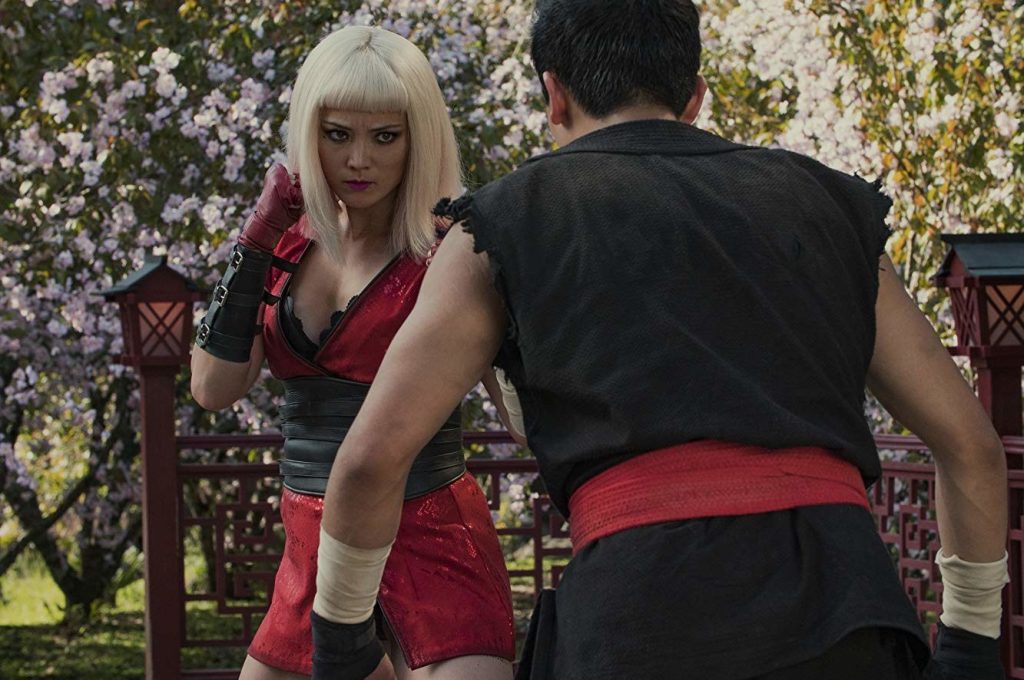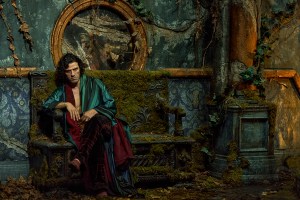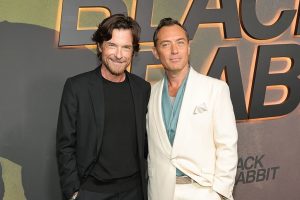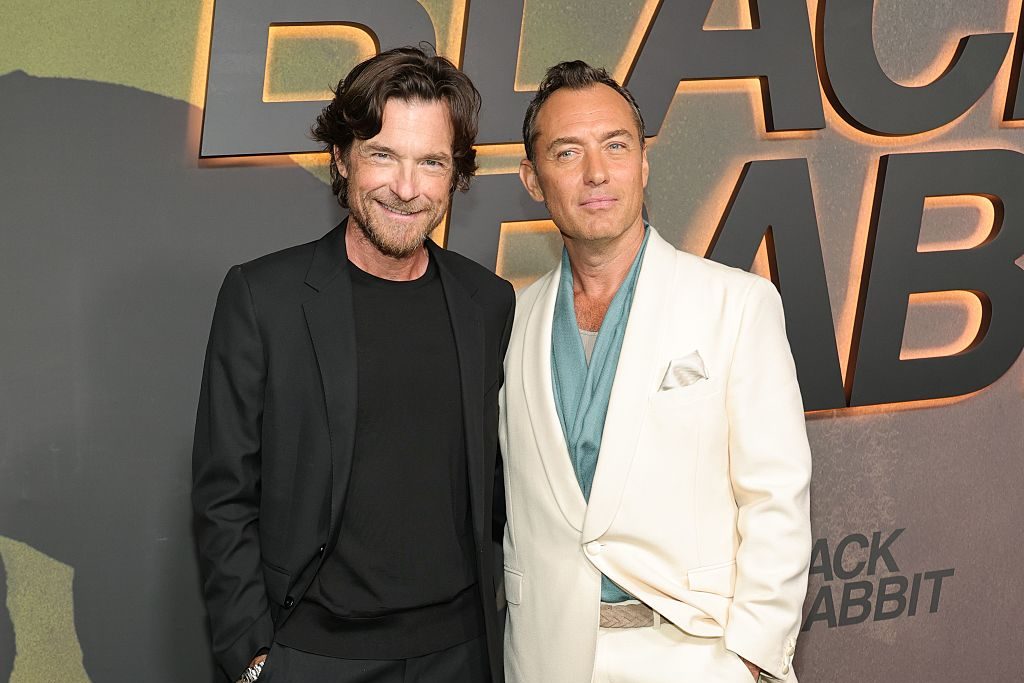It was that philosopher of modern life Iggy Pop who first noticed that the screens were watching us. ‘See that cat, down on her back?’ Mr Pop reflected thoughtfully on the Stooges’ Funhouse album of 1970. ‘She got a TV Eye on me.’
These days the ‘TV Eye’ is on all of us. Black Mirror, back on Netflix for its fifth series, is what Stooges guitarist Ron Ashton would have recognized as an extended riff on the same theme. Except that while Mr Pop found the experience quite pleasant— ‘Yeah I love her so’ — it’s hard to enjoy Black Mirror. To be fair, that might not be the point of it. We aren’t here to enjoy ourselves.
Iggy Pop’s signature move is to drop his pants at the end of the show. Black Mirror operates on a similar principle, exposing some small and disturbing aspect of contemporary life. Being contemporary, it is dystopian, because everything is in a minor key these days. Black Mirror applies its dystopian TV eye to the last vision of utopia, the digital counter life that threatens to supplant physical reality.
The best episodes, like the best utopian or dystopian novels, are not so much futuristic as excessively presentist. For it is the present that we’re watching, with the contrast turned up to garish levels, and select trends and tendencies exaggerated in a kind of moral and digital elephantiasis. The sensibility that is threatened and invariably overwhelmed is, like that of mid-twentieth century novels like 1984 and Brave New World, aggrieved liberal humanist.
Black Mirror’s early episodes were often enlightening and discomfiting satires on the nihilistic effects and moral dilemmas of digitization. In ‘Fifteen Million Merits’, the gladiatorial logic of reality television is pursued to its deadly end. In ‘The Entire History of You’, memories are recorded with a digital implant that allows a couple to check whether they have been faithful to each other. In ’Arkangel’, children are digitally tagged and parents can pixellate upsetting images in their children’s minds. In ‘Be Right Back’, a bereaved woman chooses to live with her dead boyfriend’s android replacement.
You could imagine living in all of these worlds when these episodes were first shown. Stranger than fiction, we came to inhabit other episodes after they were shown. The first episode, ‘The National Anthem’, now seems both absurd and familiar. When a member of the royal family is abducted, the British prime minister, submitting to the kidnappers’ demand, has sex with a pig on live TV. This was before allegations emerged that David Cameron had exposed himself Iggy Pop-style and simulated sex with a pig’s head at a student dinner. And the social media popularity contest of ‘Nosedive’ may soon be fulfilled in the far more dystopian form of the issuing of Social Credit Scores by the Chinese government.
Part of the grim satisfaction of early Black Mirror was the prickling recognition that you already knew this future, including the knowledge that a television series may be the only way to understand the present. The logical conclusion of all this logical illogicality was the interactive film Bandersnatch, in which the viewer, by choosing the ending, was complicit in the incorporation of film into video games. After that, Black Mirror’s creators Charlie Brooker and Annabel Jones could only go back to the future. This is what the new, fifth series does, and it is a victim of its past and our present.
In ‘Striking Vipers’, two black Californian men reconnect in midlife through wooden dialog and a video game that uses the now-familiar virtual reality implant. In ‘Smithereens’, an Uber-type driver who has lost his fiancée like the woman in ‘Be Right Back’ uses the now-familiar kidnap method to help a mother who, like the woman in ‘Be Right Back’, wants to contact the dead — this time by obtaining the password to her dead daughter’s social media account. In ‘Rachel, Jack and Ashley Too’, the real Miley Cyrus, if there is such a thing, plays a fictional Miley Cyrus, who is just like the real one, and becomes a human app when her personality, if you can imagine such a thing, is downloaded to an Amazon Echo equivalent.
The plot devices — black men on the down low, the kidnap stand-off and ‘death by cop’, the digital takeover of inner life and domestic life — are staples of contemporary media, and the staging replicates a historic weakness of British television. Two of the three episodes are set in the United States, yet the speech rhythms of the scripts are audibly British. The British-set death-by-cop episode applies that American scenario to the English countryside, but puts the kidnapper in implausible contact with a Jack Dorsey-style social media tycoon on the West Coast. In the future, the ultimate goal of British scriptwriters will be, as it is and has been for decades, making it big in America.
Black Mirror no longer reflects our anxieties forward. It now looks sideways and even backwards in a world in which Black Mirror is a permanent fixture, as The Twilight Zone was for an earlier generation. We have been here before because we are here now, and have been here for a while. The screen is a black mirror, and we see our present through a glass darkly.
‘I am ‘The Passenger,’ Iggy Pop mused in 1974 on the technological alienation now familiar to every Uber user. ‘I stay under glass.’ But the city Pop’s passenger sees from his car is beautiful, and his ‘hollow sky’ is infinite with stars. Instead of depth and enlightenment, there is only darkness in Black Mirror, and a dim reflection of our familiar faces.
Dominic Green is Life & Arts Editor of Spectator USA.

























